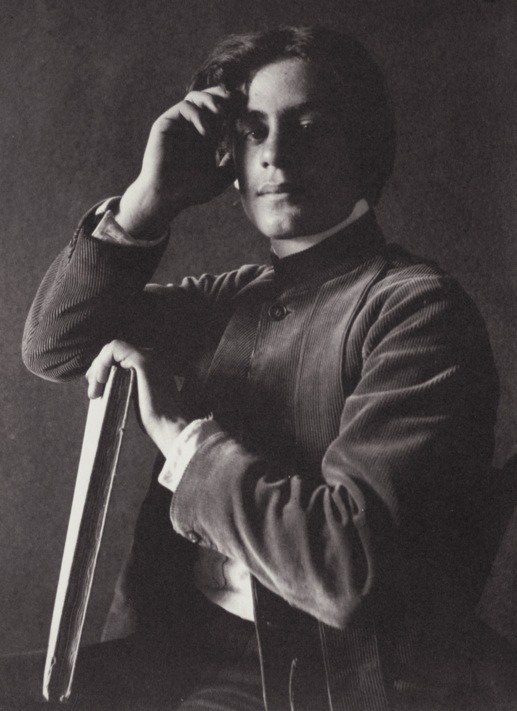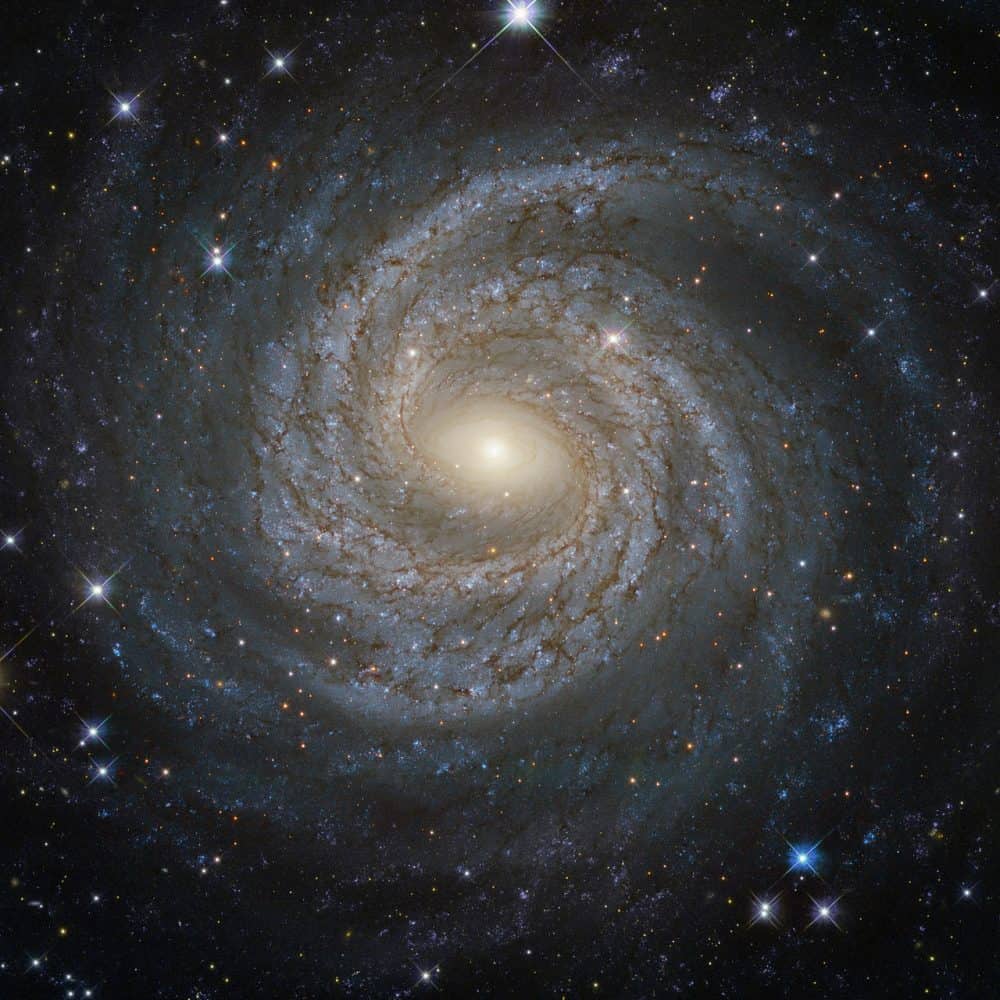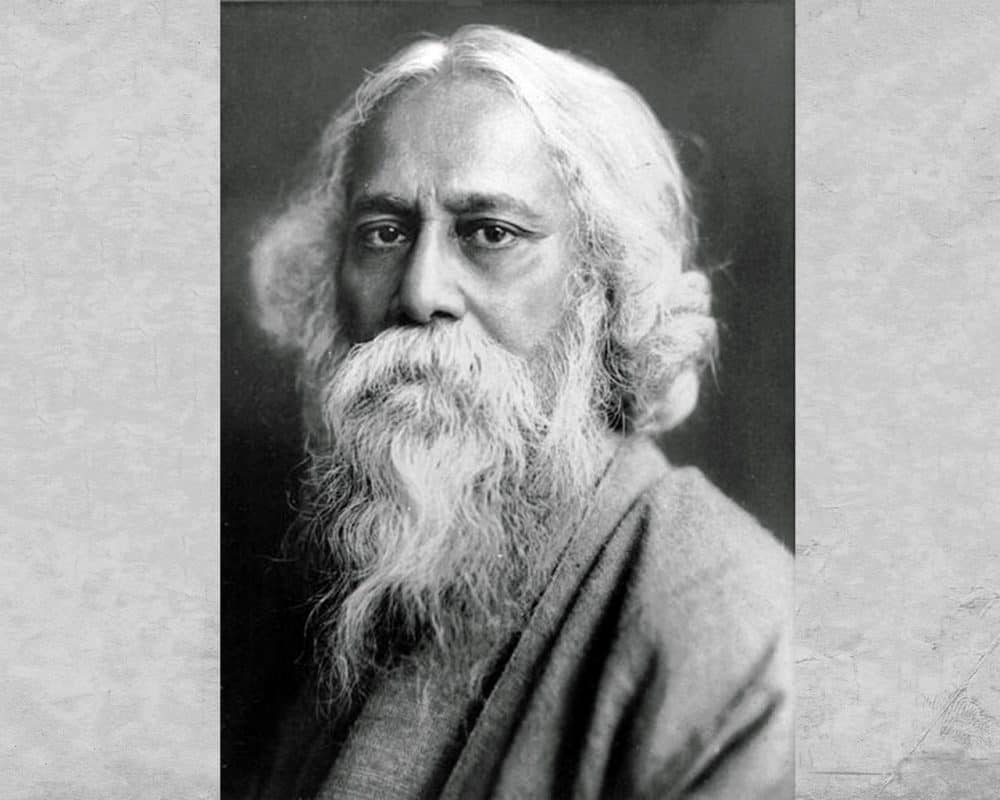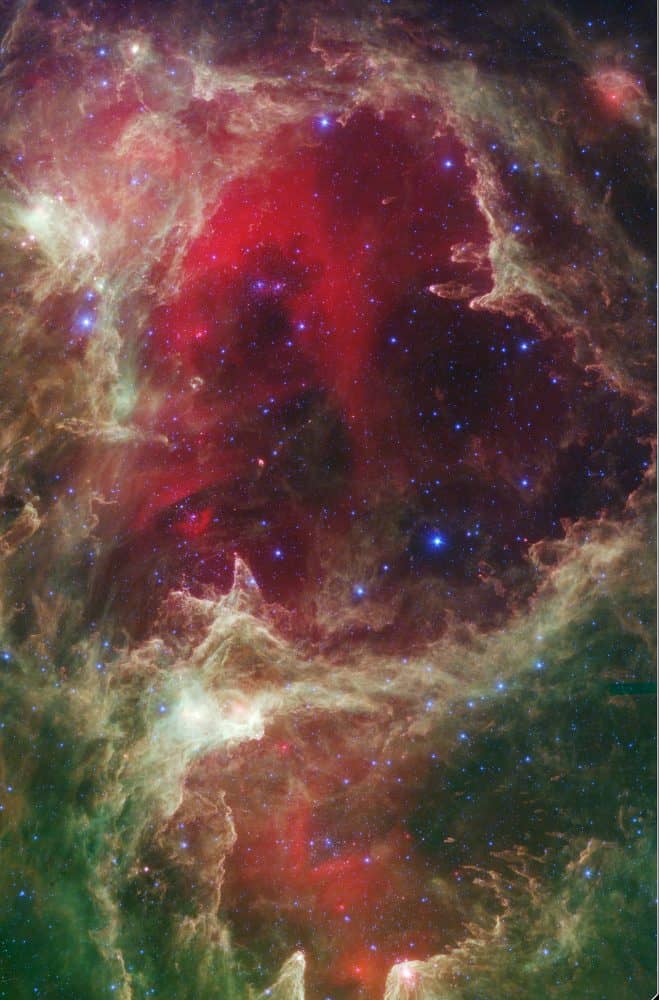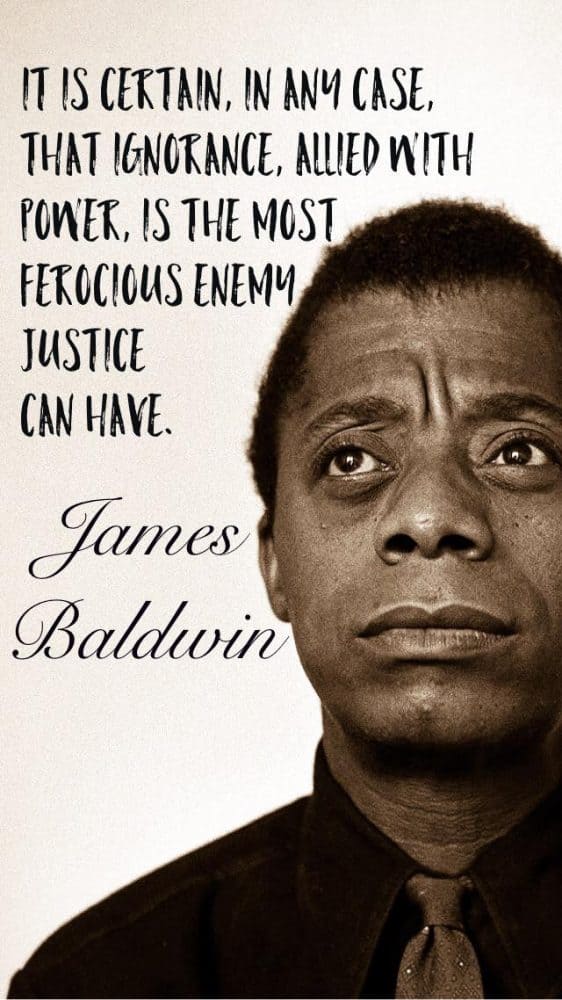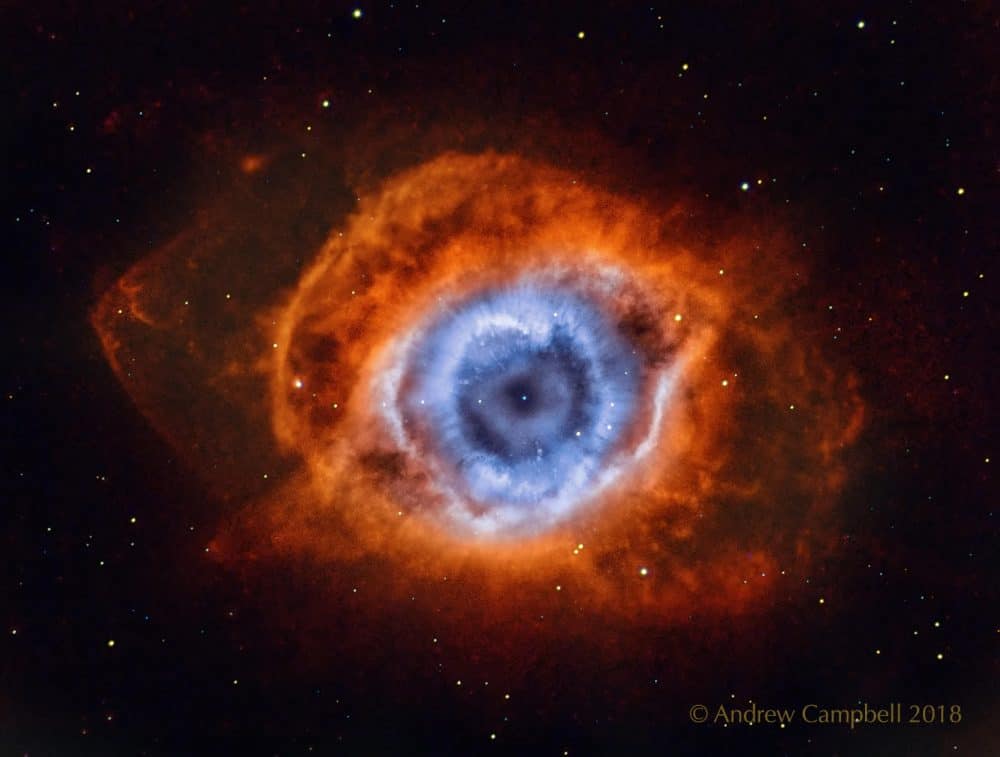Blog
William Ballard Doggett (February 16, 1916 – November 13, 1996) was an American jazz and rhythm and blues pianist and organist. He is best known for his compositions “Honky Tonk” and “Hippy Dippy”, and variously working with the Ink Spots, Johnny Otis, Wynonie Harris, Ella Fitzgerald, and Louis Jordan.
Doggett later sold his band to Lucky Millinder, and worked during the 1930s and early 1940s for Millinder, Frank Fairfax and arranger Jimmy Mundy. In 1942 he was hired as the Ink Spots‘ pianist and arranger.
more...Machito (born Francisco Raúl Gutiérrez Grillo, February 16, 1908 – April 19, 1984) was a Latin jazz musician who helped refine Afro-Cuban jazz and create both Cubop and salsa music. He was raised in Havana with the singer Graciela, his foster sister.
In New York City, Machito formed the band the Afro-Cubans in 1940, and with Mario Bauzá as musical director, brought together Cuban rhythms and big band arrangements in one group. He made numerous recordings from the 1940s to the 1980s, many with Graciela as singer. Machito changed to a smaller ensemble format in 1975, touring Europe extensively. He brought his son and daughter into the band, and received a Grammy Award in 1983, one year before he died.
Machito’s music had an effect on the lives of many musicians who played in the Afro-Cubans over the years, and on those who were attracted to Latin jazz after hearing him. George Shearing, Dizzy Gillespie, Charlie Parker and Stan Kenton credited Machito as an influence. An intersection in East Harlem is named “Machito Square” in his honor.
more...https://www.youtube.com/watch?v=hU9Xwz_WFh8
more...“Love is the only freedom in the world because it so elevates the spirit that the laws of humanity and the phenomena of nature do not alter its course.”
―
more...Spiral galaxies together with irregular galaxies make up approximately 60% of the galaxies in the local Universe. However, despite their prevalence, each spiral galaxy is unique — like snowflakes, no two are alike. This is demonstrated by the striking face-on spiral galaxy NGC 6814, whose luminous nucleus and spectacular sweeping arms, rippled with an intricate pattern of dark dust, are captured in this NASA/ESA Hubble Space Telescope image.
NGC 6814 has an extremely bright nucleus, a telltale sign that the galaxy is a Seyfert galaxy. These galaxies have very active centres that can emit strong bursts of radiation. The luminous heart of NGC 6814 is a highly variable source of X-ray radiation, causing scientists to suspect that it hosts a supermassive black hole with a mass about 18 million times that of the Sun.
As NGC 6814 is a very active galaxy, many regions of ionised gas are studded along its spiral arms. In these large clouds of gas, a burst of star formation has recently taken place, forging the brilliant blue stars that are visible scattered throughout the galaxy.
more...Henry Threadgill (born February 15, 1944) is an American composer, saxophonist and flautist.[1] He came to prominence in the 1970s leading ensembles rooted in jazz but with unusual instrumentation and often incorporating other genres of music. He has performed and recorded with several ensembles: Air, Aggregation Orb, Make a Move, the seven-piece Henry Threadgill Sextett, the twenty-piece Society Situation Dance Band, Very Very Circus, X-75, and Zooid.
He was awarded the 2016 Pulitzer Prize for Music for his album In for a Penny, In for a Pound,[2] which premiered at Roulette Intermedium on December 4, 201
Threadgill performed as a percussionist in his high-school marching band before taking up baritone saxophone, alto saxophone, and flute. He studied at the American Conservatory of Musicin Chicago, majoring in piano, flute, and composition. He studied piano with Gail Quillman and composition with Stella Roberts. He was an original member of the Association for the Advancement of Creative Musicians (AACM) in his hometown of Chicago and worked under the guidance of Muhal Richard Abrams before leaving to tour with a gospel band. In 1967, he enlisted in the U.S. Army, playing with a rock band in Vietnam in 1967 and 1968. He was discharged in 1969.
more...Harold Arlen (born Hyman Arluck; February 15, 1905 – April 23, 1986) was an American composer of popular music who composed over 500 songs, a number of which have become known worldwide. In addition to composing the songs for the 1939 film The Wizard of Oz (lyrics by Yip Harburg), including the classic “Over the Rainbow“, Arlen is a highly regarded contributor to the Great American Songbook. “Over the Rainbow” was voted the 20th century’s No. 1 song by the Recording Industry Association of America (RIAA) and the National Endowment for the Arts (NEA).
Arlen was born in Buffalo, New York, United States, the child of a cantor. His twin brother died the next day. He learned to play the piano as a youth, and formed a band as a young man. He achieved some local success as a pianist and singer before moving to New York City in his early twenties, where he worked as an accompanist in vaudeville and changed his name to Harold Arlen. Between 1926 and about 1934, Arlen appeared occasionally as a band vocalist on records by The Buffalodians, Red Nichols, Joe Venuti, Leo Reisman, and Eddie Duchin, usually singing his own compositions.
more...World Music on Flamenco Fridays featuring Tarantas. Tarantas and Taranto are two related styles (palos) of Flamenco music, that originated in the Andalusian province of Almería. Each is characterized by a shared modality (F-sharp Phrygian) and harmonic progression (Bm – A7 – G – F-sharp), but differ significantly with respect to rhythm and meter. Tarantas is a cante libre (or toque libre, if played as a solo), meaning that it lacks both a regular rhythmic pattern (compás, in flamenco terminology) and a regular rhythmic unit (or beat). It can be sung or played, but not danced. Taranto, conversely, has a regular 2/4 meter, and is danceable. When played on, or accompanied by, the guitar, both palos have a unique and characteristic sound that is created, in part, by dissonances that result from the use of the guitar’s first three open strings (E, B, and G, respectively), in combination with harmonies and melodies based on the F-sharp Phrygian mode.
more...Westerhout 5 (Sharpless 2-199, LBN 667, Soul Nebula) is an emission nebula located in Cassiopeia. Several small open clusters are embedded in the nebula: CR 34, 632, and 634 (in the head) and IC 1848 (in the body). The object is more commonly called by the cluster designation IC 1848.
Small emission nebula IC 1871 is present just left of the top of the head, and small emission nebulae 670 and 669 are just below the lower back area.
The galaxies Maffei 1 and Maffei 2 are both nearby the nebula, although light extinction from the Milky Way makes them very hard to see. Once thought to be part of the Local Group, they are now known to belong to their own group- the IC 342/Maffei Group.
This complex is the eastern neighbor of IC1805 (Heart Nebula) and the two are often mentioned together as the “Heart and Soul”.
more...Timothy Charles Buckley III (February 14, 1947 – June 29, 1975) was an American singer-songwriter and guitarist. His music and style changed considerably through the years; he began his career based in folk music, but his subsequent albums experimented with jazz, psychedelia, funk, soul, the avant-garde and an evolving “voice as instrument” sound. Though he did not find commercial success during his lifetime, Buckley is admired by later generations for his innovation as a musician and his vocal ability. He died at the age of 28 from a heroin overdose, leaving behind his sons Taylor and Jeff Buckley, the latter of whom went on to become a musician as well.
Merl Saunders (February 14, 1934 – October 24, 2008) was an American multi-genre musician who played piano and keyboards, favoring the Hammond B-3 console organ.
Born in San Mateo, California, Saunders attended Polytechnic High School in San Francisco. In his first band in high school was singer Johnny Mathis. He served in the Air Force from 1953 to 1957. He worked as musical director of the Billy Williams Revue and served in a similar capacity in Oscar Brown Jr.‘s off-Broadway show, Big Time Buck White.
He gained notice in the 1970s when he began collaborating with Jerry Garcia, with whom he had begun playing in 1971 at a small Fillmore Street nightclub called The Matrix. He sat in with the Grateful Dead, and co-founded the Saunders/Garcia Band which produced three albums, and which became the Legion of Mary with the addition of Martin Fierro (sax) in 1974. It disbanded the following year, but he and Garcia continued to collaborate in the band Reconstruction during 1979, collaborating with Ed Neumeister (trombone), Gaylord Birch (drums) and John Kahn (bass).
He led his own band as Merl Saunders and Friends, playing live dates with Garcia, as well as Mike Bloomfield, David Grisman, Michael Hinton, Tom Fogerty, Vassar Clements, Kenneth Nash, John Kahn and Sheila E.. He also collaborated with Grateful Dead percussionist Mickey Hart in the band High Noon.
https://www.youtube.com/watch?v=VsCPNMA7dpA
more...Fernando Sor or Josep Ferran Sorts i Muntades (baptized 14 February 1778 – died 10 July 1839) was a Spanish classical guitarist and composer. While he is best known for his guitar compositions, he also composed music for a wide range of genres, including opera, orchestra, string quartet, piano, voice, and ballet. His ballet score Cendrillon (Cinderella) received over one hundred performances. Sor’s works for guitar range from pieces for beginning players to advanced players such as Variations on a Theme of Mozart. Sor’s contemporaries considered him to be the best guitarist in the world, and his works for guitar have been widely played and reprinted since his death. Although modern classical guitar players usually do, Sor rarely used his ring finger and refused the usage of nails when playing.
As Sor’s works were published in various countries, his name was translated, leading to variations in the spelling. Variations have included Joseph Fernando Macari Sors, Fernando Sor, Ferran Sor, Ferdinand Sor, and Ferdinando Sor.
https://www.youtube.com/watch?v=89gk5hdz2EI
more...Tuva, a remote Russian Republic on the Siberian-Mongolian border
https://www.youtube.com/watch?v=CHGens9j7TM
more...The Helix Nebula is so named because it also appears that you are looking down the axis of a helix. In actuality, it is now understood to have a surprisingly complex geometry, including radial filaments and extended outer loops. The Helix Nebula (aka NGC 7293) is one of brightest and closest examples of a planetary nebula, a gas cloud created at the end of the life of a Sun-like star. The remnant central stellar core, destined to become a white dwarf star, glows in light so energetic it causes the previously expelled gas to fluoresce. The featured picture, taken in the light emitted by oxygen (shown in blue) and hydrogen (shown in red), was created from 74 hours of exposure over three months from a small telescope in a backyard of suburban Melbourne, Australia. A close-up of the inner edge of the Helix Nebula shows complex gas knots of unknown origin. The Helix Nebula in the constellation of Aquarius lies about 700 light-years away, spanning about 0.8 parsecs (2.5 light-years).
more...
More Posts
- Horace Tapscott
- Gerry Mulligan
- Randy Weston
- Art Taylor
- Charlie Rouse
- Big Walter Horton
- World Music with Lalala Napoli
- Daily Roots with John Holt
- The Cosmos with M61
- Billy Bland
- Stanley Turrentine
- Stan Levy
- World Music with Ali Farka Touré
- Daily Roots with King Tubby
- Happy Easter 2021
- The Cosmos with Sh2-305
- Major Lance
- Hugh Masekela
- Muddy Waters
- Cecil Gant
